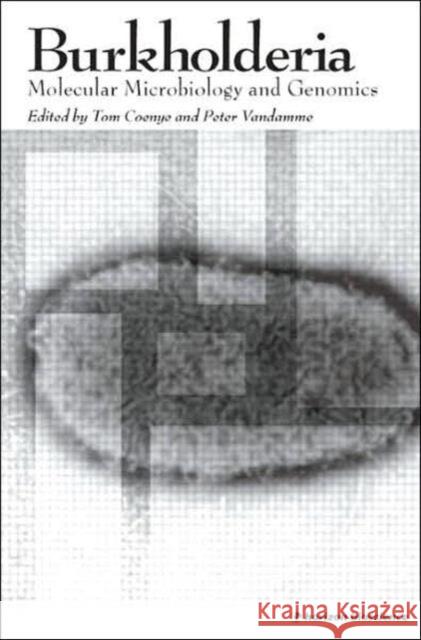Burkholderia: Molecular Microbiology and Genomics » książka
Burkholderia: Molecular Microbiology and Genomics
ISBN-13: 9781904933281 / Angielski / Twarda / 2006 / 314 str.
Members of the genus Burkholderia are a fascinating group of bacteria exhibiting immense ecological and metabolic diversity. Their notoriety as pathogens, including that of potential biological weapons, is ironically matched by their value as biopesticides and bioremediators. For example, B. cepacia complex organisms can reduce an onion bulb to a macerated pulp, protect other crops from bacterial and fungal disease, "clean up" aquifers and soils contaminated by recalcitrant herbicides, colonise the lungs of people with cystic fibrosis and, if this diversity is not striking enough, are not only innately resistant to most major groups of antibiotics, but can use that most famous of antimicrobials, penicillin G, as a nutrient This amazing versatility has attracted huge scientific interest in recent years and given that nine completed and seventeen draft Burkholderia genome sequences now available, the point has been reached where there is an urgent need to summarise and review the molecular biology, genomics, biochemistry, pathogenesis and beneficial properties of these important organisms. This book brings together the expertise and enthusiasm of an international panel of leading Burkholderia researchers to provide a state-of-the art overview of these important organisms. Topics covered include epidemiology, comparative genomics, antibiotic resistance, polysaccharides, beneficial interaction with plants, and much more. Each chapter is independent and can be read in isolation, but as a whole the book provides an important resource summarizing our current knowledge of Burkholderia molecular biology and genomics.











